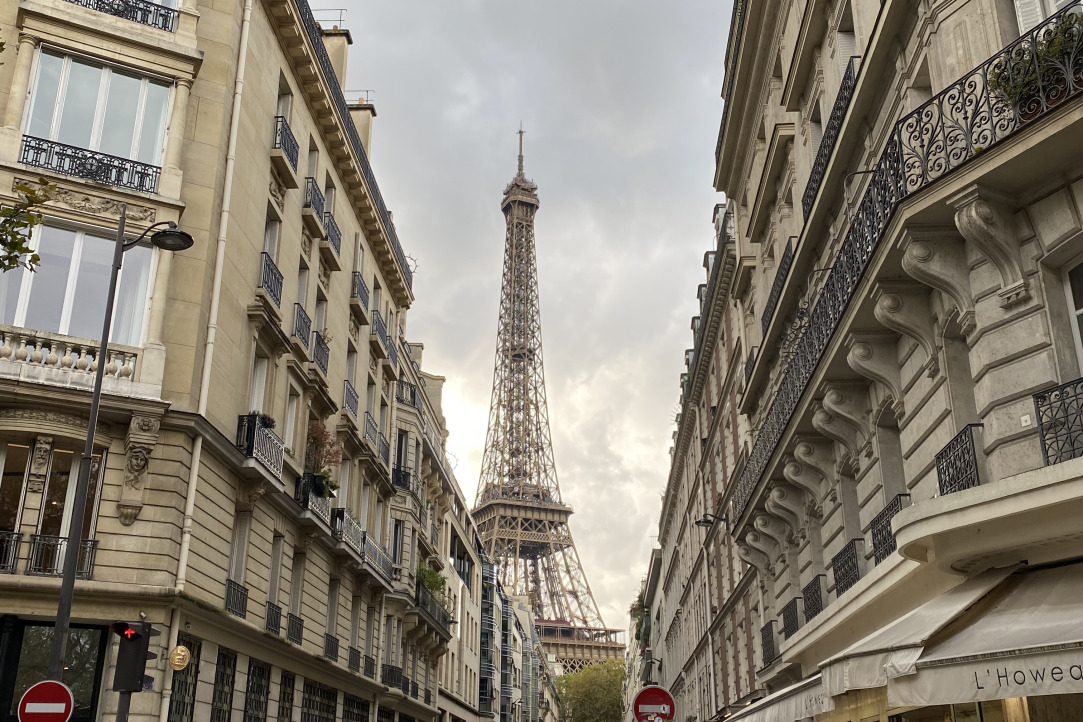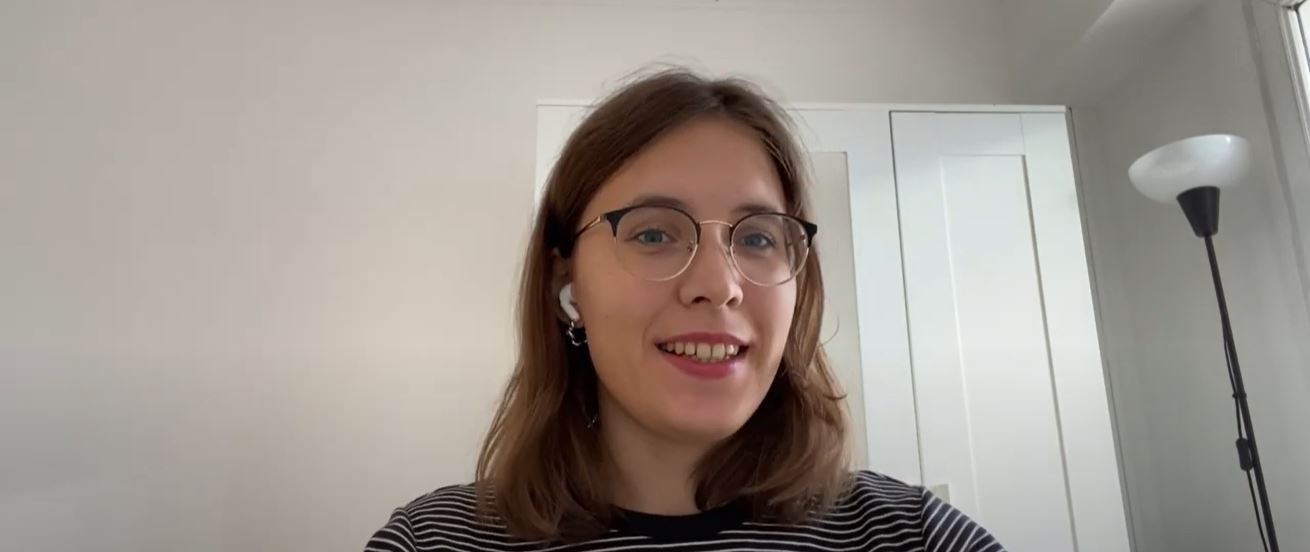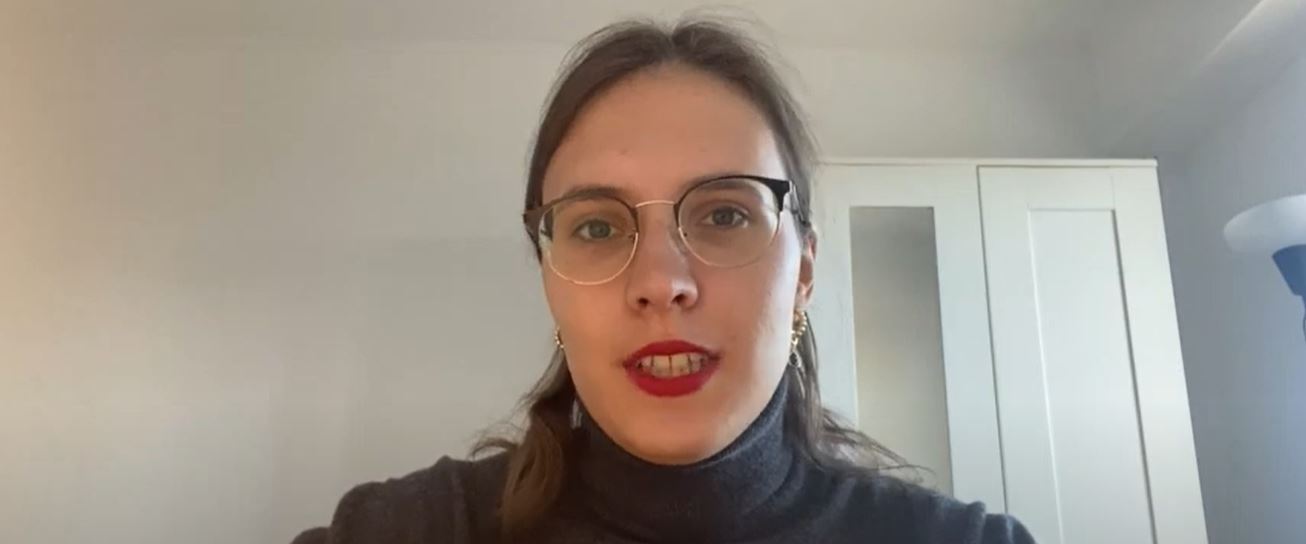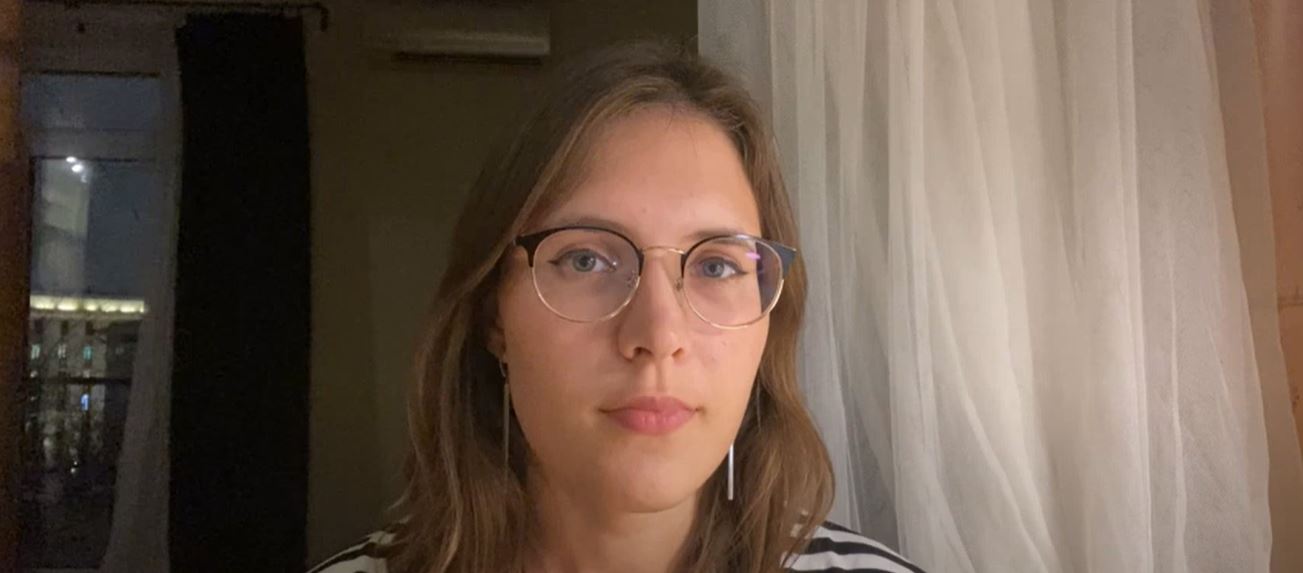International mobility makes a difference!
Elena Sergeeva, 3rd year student, Business Informatics programme spent her Fall semester 2024 at Universit├® Paris-Est Cr├®teil (or UPEC), in France and shares her experience.

Preparing to leave
To travel to France, you need to make a long-term student visa. But before that, you need to register with UPEC, get an invitation from the university and go through the Campus France procedure, and only then apply at a visa centre. A few lifehacks on this topic:
- You can make an appointment at the visa center to apply before filling out the application form and going through all the procedures. It can be difficult to catch a slot to apply, so you may have to monitor the website to reserve a slot for the next month.
- It is possible to request a visa on a date earlier than that stated in the invitation letter.
- Redeemed airline tickets are not required to apply for a visa, but proof of accommodation booking is required.
You can find accommodation on platforms offered by the university, such as StudApart, HousingAnywhere. We co-operated with a girl who was also travelling to Paris for academic mobility and rented a room in one flat. Keep in mind that you'll need to pay the first month's rent, a commission and a deposit to book. Pay via a foreign card. Finding accommodation is not a quick process, so don't delay.
In order to pay abroad, I took out a card from the Kazakh Freedom Bank. Through the Russian bank TsifraBank, you can transfer money to this Kazakh card in just a few minutes. Also take at least some cash currency - it may come in handy.
Pack your suitcase properly. Clothes and shoes can be bought locally if necessary, but medicines, some cosmetics and our goodies may be unrealistic to find and buy. Do not bring a full suitcase so that you can take back gifts and souvenirs.
Important, this information is valid as of summer 2024, so please check for up-to-date information at the time of your visit.
On the place
It took me a while to adapt in a new country. Since I hadn't travelled much before, everything was new and intimidating. Spoiler: with time, you start to like it.
The format of studies is different from what we are used to at GSB. For example, there is no division into lectures and seminars, but rather ~3 hour classes with breaks. In UPEC we were advised not to take more than 5 courses. I had 4, I was very comfortable. There are 6-7 classes in each course, the schedule of which was known already at the beginning of the semester. But be careful, I encountered the fact that French teachers can spontaneously cancel or postpone classes from one day to another, but it happened only a few times.
The approach to classes is different: often classes started with a small-talk with the audience, in the process the professors shared stories from their careers or asked ours. It seems to me that for them, making contact with the audience is much more important than following a formal programme. In each of my courses, group work and a written exam were included in the assessment. The learning itself is not difficult, the main thing is to listen carefully and engage with the work.
UPEC assigns a buddy to every student on an exchange programme. A buddy is a UPEC student who can help you understand and adapt to the university system. I have a very cool buddy and we became friends: we went to the Eiffel Tower, ate snails, went to the cinema to see a French film with English subtitles, and had a cheese fondue dinner with his family. This is a very good opportunity to make a friend and experience the local culture. So feel free to write to your buddies.
Extracurricular activities
During my academic mobility, I visited several French cities and neighbouring countries. My personal top where it's worth travelling to:
- Etretat - a coastal town in northern France with incredibly beautiful cliffs that Impressionist painters often painted on their works.
- Venice is a labyrinthine city in Italy, also known for its palaces and palazzos. And where can you go without Italian pasta and pizza!
- Biarritz is a surfer's town in the south-west of France. If you haven't tried stand up paddle boarding yet, go there to catch your wave.
I love art, so I often went to museums, exhibitions and opera. If you like cultural holidays too, here are some tips and tricks for you:
- Free admission to most museums (including the Louvre) with a student card. You'll get your student card at UPEC. And most of the time you don't even need a ticket to get into an exhibition, you just need to show the card.
- If you want to enjoy opera or ballet, I recommend going to the famous Opera Garnier. Often on the website inexpensive tickets are bought out heavily in advance, but on the day of the performance new tickets are available at the box office, so come and buy on the spot.
- In other countries (I can say about Italy, Spain and Portugal) with a student card you can get a discount on a ticket to a museum or concert (free tickets are rare there), so don't forget to take the card when travelling.
And how, of course, without a gastronomic experience? In the boulangerie, don't forget to buy a baguette, croissant and “pan au chocolat”. And in a restaurant, try snails, oysters and frogs. It's important to look for places where locals go, it will be tastier and of higher quality, check the ratings of establishments on maps and reviews.
The trip changed my life in a cool way, all the effort was worth it! Go for it and best of luck to you!
If you have any questions, you can message me on TG @alena_olif
Elena's experience in UPEC. Part 1
 Video: Elena Sergeeva
Video: Elena SergeevaElena's experience in UPEC. Part 2
 Video: Elena Sergeeva
Video: Elena SergeevaElena's experience in UPEC. Part 3
 Video: Elena Sergeeva
Video: Elena Sergeeva